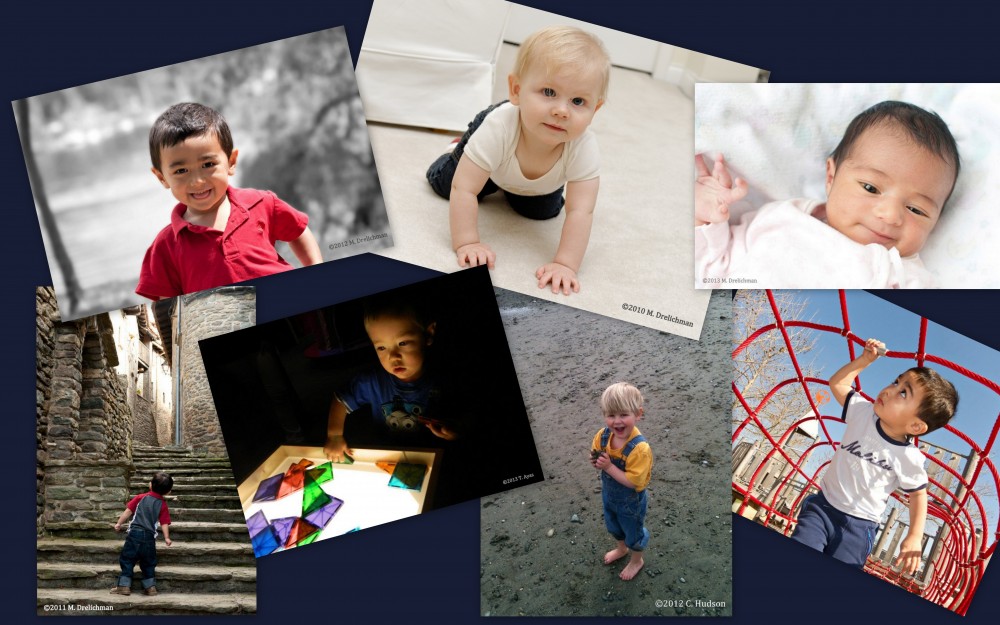Alexis Black is presenting a study from her dissertation work at BUCLD on Saturday November 5th. The talk is entitled “The impact of phonological knowledge on statistical learning”.
Abstract: Current theories suggest that statistical learning is fundamental to language acquisition; much about the mechanisms underlying this capacity, however, remain unknown. Across 5 experiments we exposed 120 adult participants to an artificial language composed of either native or non-native phonemes for 2-8 minutes. We hypothesized that making the sounds more difficult to perceive and encode would alter the trajectory of the statistical learning process. Participants exposed to non-native sounds failed to distinguish words from part-words until familiarized to 4 times as much stimuli as required for native-language sounds. Learners were sensitive, however, to the difference between familiar and completely novel 3-syllable combinations after only 2 minutes of exposure. After 4 minutes of exposure, this strengthened to include a novel syllable combination at either the beginning or end of the word. These results have implications for thinking about infant learners who are in the process of acquiring their native sound inventory.
And Masaki Noguchi has a poster, also on Saturday. “Learning of talker-specific phonemic contrasts by adults”

 Follow
Follow comments feed
comments feed